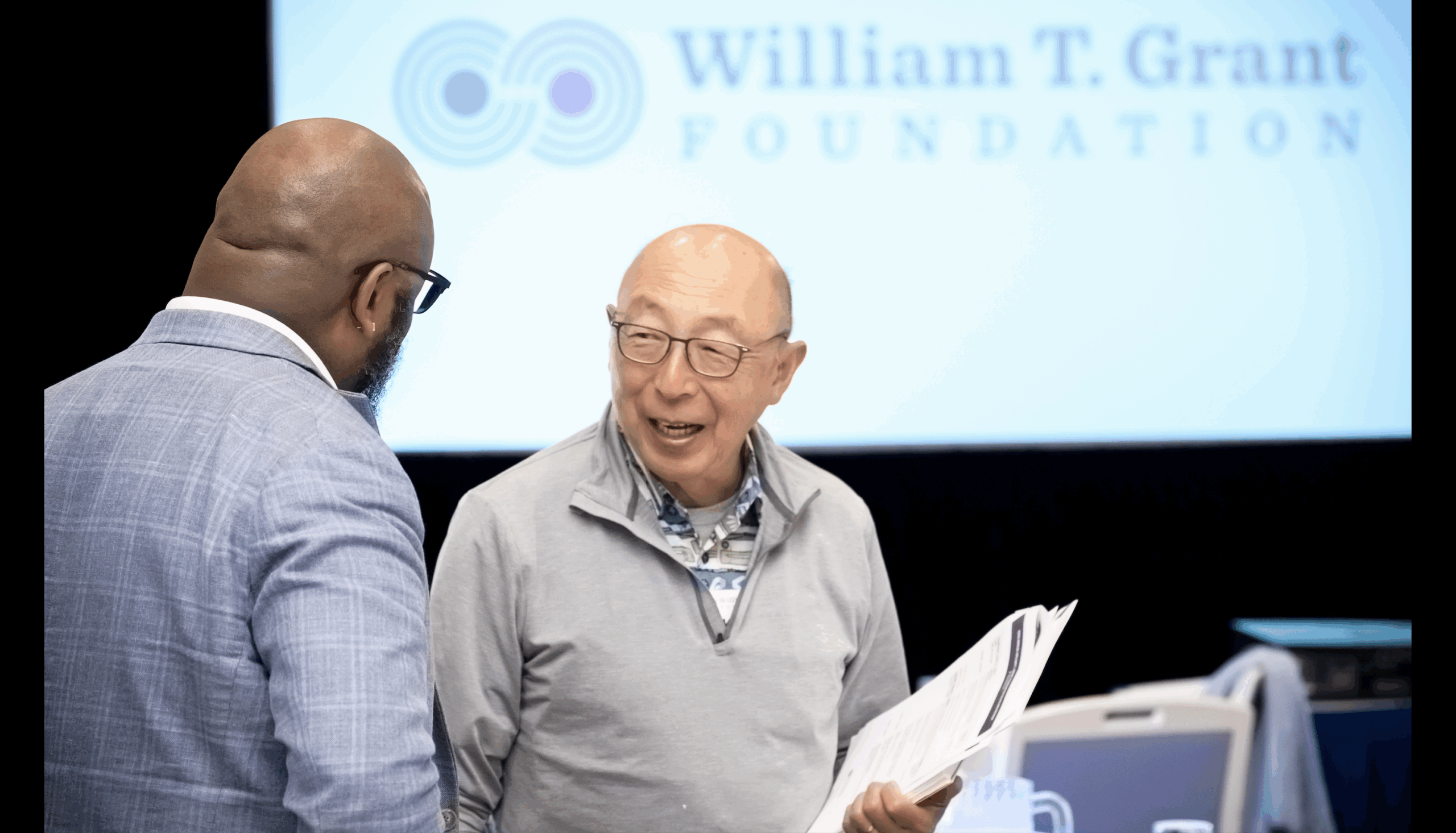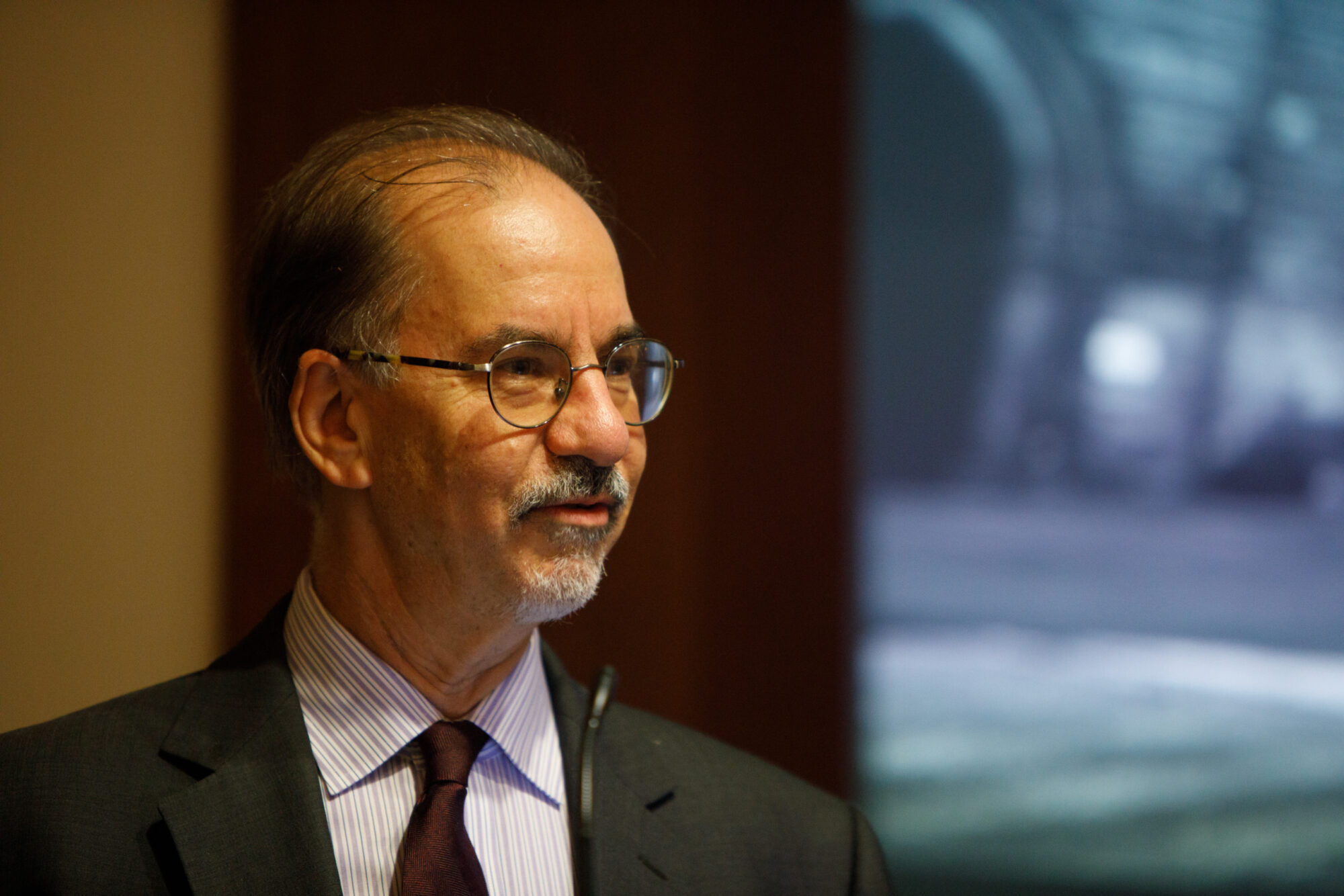Throughout our 82-year history, the William T. Grant Foundation has had many able leaders, starting, of course, with William T. Grant himself. Last month, we lost one of our most prominent leaders, with the passing of former Foundation president Robert J. Haggerty at the age of 92.
Some of the Foundation’s most important and lasting accomplishments occurred under Robert Haggerty’s leadership, which spanned the 1980s. Alarmed at the contraction of federal research funds, he started the Faculty Scholars Program (now the William T. Grant Scholars Program) in 1981. In response to our failure as a nation to invest in young people who were not headed to college, Dr. Haggerty created the Foundation’s Commission on Youth, Family, and Citizenship in America, which published The Forgotten Half in 1988. Dr. Haggerty served as a member of the Commission, and hired Samuel Halperin in the role of executive director. After the Commission completed its work, Samuel Halperin created the American Youth Policy Forum to implement ideas from The Forgotten Half, thanks in part to funding from the William T. Grant Foundation under Robert Haggerty’s leadership.
Beyond his leadership of the Foundation, Robert Haggerty worked as a pediatrician and became a major national figure in public health. He served in teaching and leadership roles at the Harvard University and University of Rochester medical schools. He also served on a wide range of national committees and edited several major medical and public health journals. His many leadership roles included presidencies of the Ambulatory Pediatric Association and the American Academy of Pediatrics. Later, he was executive director of the International Pediatric Association from 1993 to 1998. His many honors included the 1998 John Howland Award of the American Pediatric Society, the highest honor in that field.
I understand from those who knew him that he was also a kind, thoughtful, and generous person.
Read Dr. Haggert’s obituary here.
The papers of Robert J. Haggerty are available to historians at the University of Rochester Medical Center’s Edward G. Miner library.






